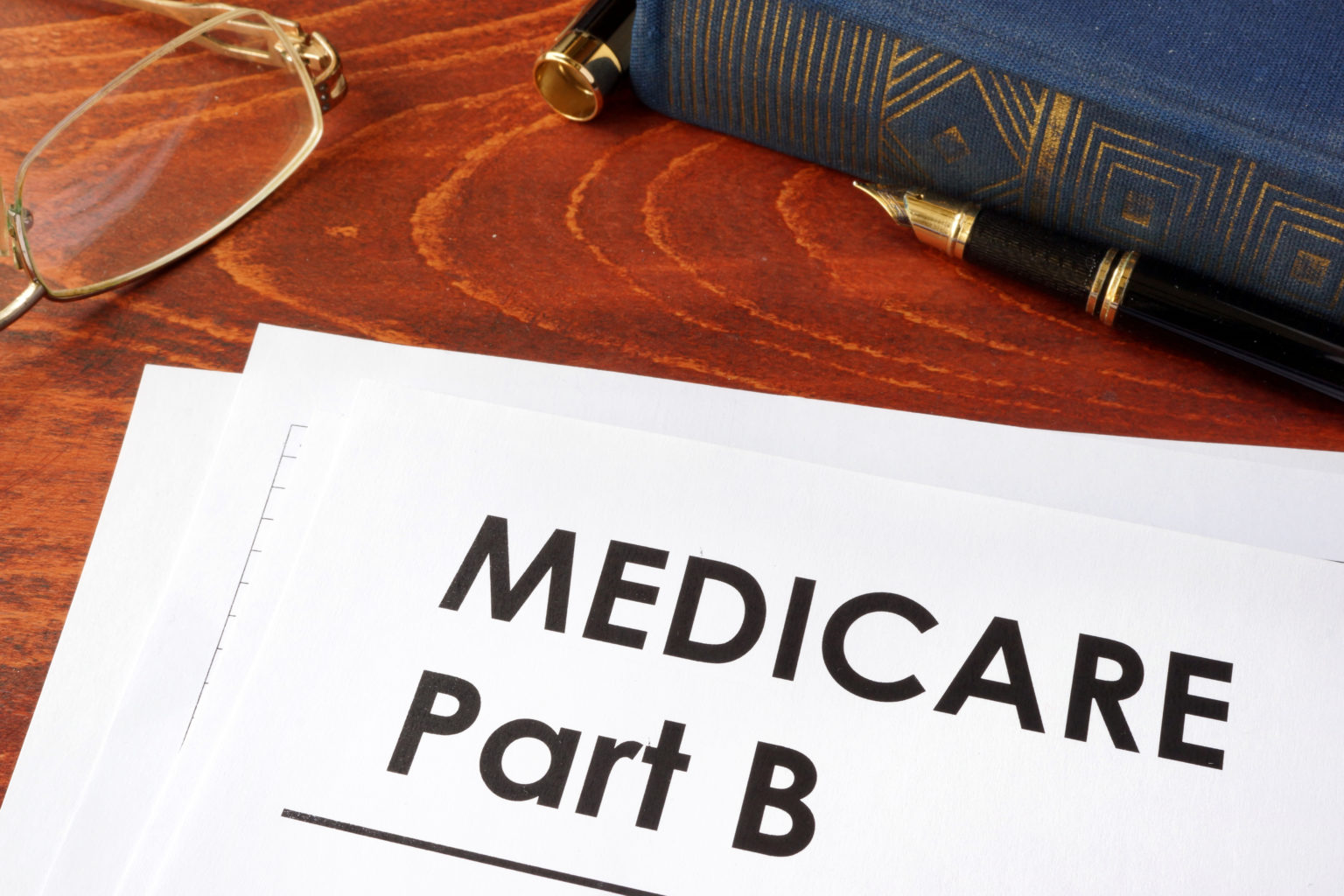If you’ve recently noticed that the state is no longer contributing towards your Medicare Part B premiums, you’re likely feeling a bit puzzled and concerned. After all, this financial assistance can make a significant difference in managing your healthcare costs during retirement. Rest assured, there are valid reasons behind this change, and understanding the dynamics at play can help alleviate any confusion or anxiety.
In this article, we’ll explore the various scenarios that could lead to the state discontinuing its payment of your Medicare Part B premiums, shedding light on the intricate system of Medicare buy-in agreements and eligibility criteria.
Understanding the State’s Role in Paying Medicare Premiums
Before delving into the specifics, it’s crucial to recognize the state’s role in assisting eligible individuals with their Medicare premiums. Through a mechanism called the “buy-in agreement,” states can opt to pay the Medicare Part A (hospital insurance) and Part B (medical insurance) premiums on behalf of certain low-income Medicare beneficiaries.
The individuals covered under this agreement typically fall into one of the following categories:
- Qualified Medicare Beneficiaries (QMBs): Individuals with limited income and resources who are eligible for Medicaid assistance with Medicare premiums and cost-sharing.
- Other Medicaid-eligible individuals: Additional groups specified in the state’s buy-in agreement, such as those eligible for full Medicaid benefits or specific Medicaid eligibility categories.
By participating in the buy-in program, states can ensure that Medicare acts as the primary payer for covered services, reducing the financial burden on their Medicaid programs.
Reasons Why the State May Stop Paying Your Part B Premiums
There are several potential reasons why the state might discontinue its payment of your Medicare Part B premiums. Let’s explore some of the most common scenarios:
- Loss of Eligibility for the State’s Buy-in Coverage Group
The state’s buy-in agreement outlines the specific Medicaid eligibility categories included in its buy-in coverage group. If you experience a change in circumstances that makes you ineligible for the Medicaid category you were previously enrolled in, the state is required to reevaluate your eligibility for other Medicaid categories within the buy-in coverage group.
If the state determines that you no longer qualify for any of the Medicaid categories included in the buy-in agreement, your Part B buy-in coverage will end on the last day of the month in which you were enrolled in the eligible category.
- Termination or Modification of the Buy-in Agreement
In some cases, the state may choose to terminate or modify its buy-in agreement with the Centers for Medicare & Medicaid Services (CMS). This could happen if the state decides to restrict coverage to a narrower buy-in group or discontinue the agreement altogether.
If this occurs, your Part B buy-in coverage will end on the last day of the month for which the agreement is in effect for your specific buy-in group.
- Loss of Entitlement to Premium-free Part A
Individuals under the age of 65 who lose their entitlement to premium-free Medicare Part A (typically due to the cessation of Social Security Disability Insurance benefits) may also lose their Part B buy-in coverage. In such cases, the state’s payment of your Part B premiums will end on the last day of the month in which you are entitled to premium-free Part A.
- Death
Regrettably, the state’s payment of your Part B premiums will also end upon your passing, with coverage terminating on the last day of the month in which you pass away.
What Happens When Buy-in Coverage Ends?
When your Part B buy-in coverage ends, you will be responsible for paying the full Medicare Part B premium directly to the Social Security Administration or Medicare. However, it’s essential to note that you may still be eligible for other assistance programs or relief options, such as:
- Medicare Savings Programs: These state-run programs can help pay for Medicare Part A and Part B premiums, deductibles, and coinsurance based on your income and assets.
- Extra Help Program: This federal program assists with Part D prescription drug costs for individuals with limited income and resources.
If you find yourself in a situation where the state has stopped paying your Medicare Part B premiums, it’s crucial to explore these alternative options to determine if you qualify for additional financial assistance.
Staying Informed and Proactive
While the cessation of the state’s payment of your Medicare Part B premiums can be concerning, it’s important to remember that this change often stems from shifts in your eligibility status or adjustments to the state’s buy-in agreement. By understanding the underlying reasons and remaining proactive in exploring alternative assistance programs, you can ensure that you continue to receive the healthcare coverage you need while managing the associated costs effectively.
Remember, your local State Health Insurance Assistance Program (SHIP) is a valuable resource for guidance and support throughout this process. They can provide personalized assistance, answer your questions, and help you navigate the complexities of Medicare and related programs.
By staying informed and taking proactive steps, you can maintain your healthcare coverage and financial stability, even in the face of changes to the state’s buy-in agreement or your personal circumstances.
Are Medicare Premiums Deducted From Social Security?
FAQ
Why would Social Security stop paying Medicare Part B?
Why is the state not paying my Medicare Part B premium?
Why did I lose my Medicare Part B?
How do I get my Medicare Part B payment from the state?

